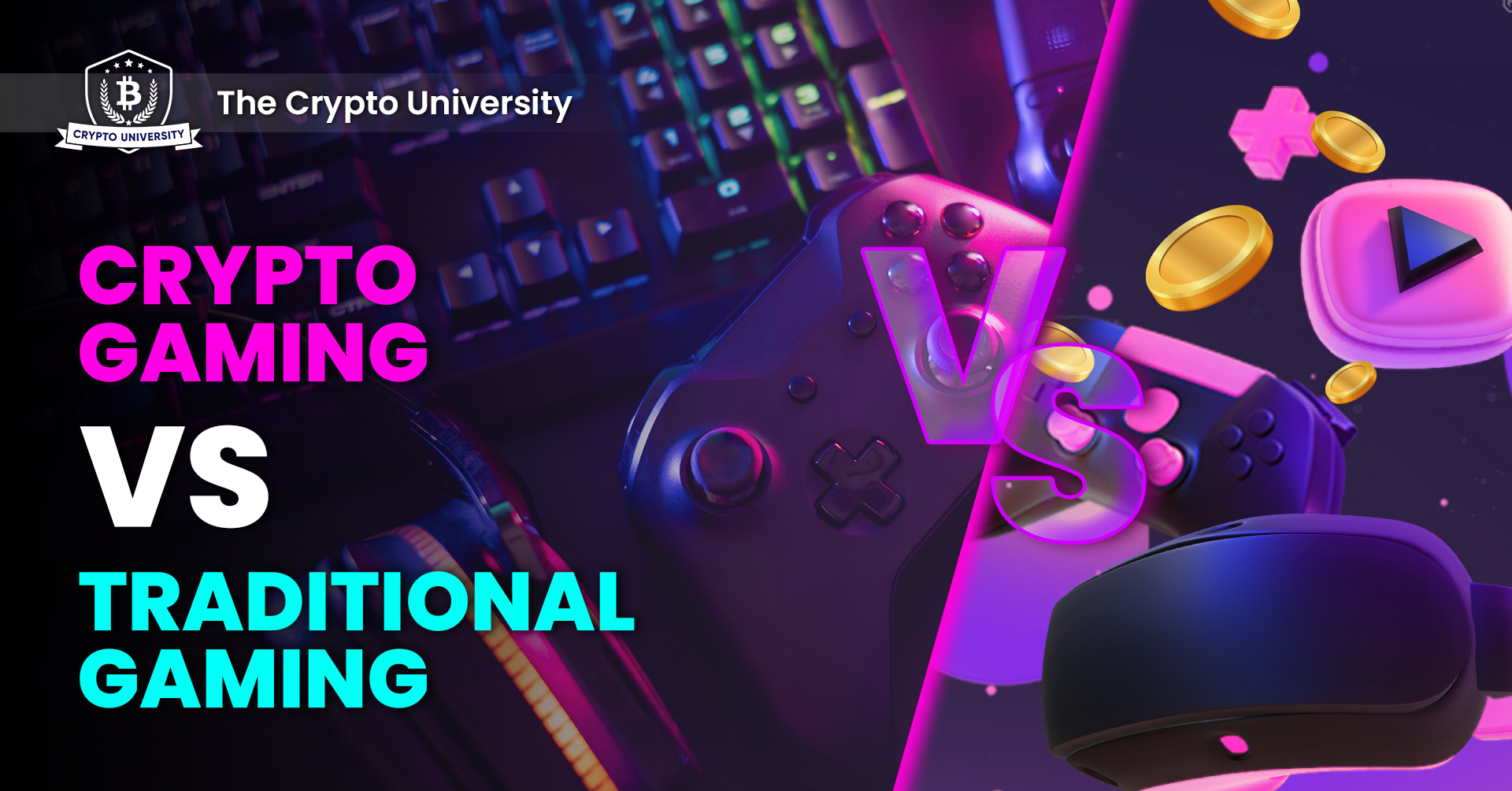The Role Of Crypto In The Gaming Industry
In the vast and rapidly evolving world of gaming, the concept of digital ownership has long been a topic of debate. As gamers, we’ve always been willing to invest time and money into in-game items, characters, and virtual real estate, but historically, the notion of true ownership was an oxymoron. This is precisely where the world of cryptocurrency and blockchain technology comes in, revolutionizing the gaming industry as we know it.

- Revolutionizing Crypto Trading: The Rise Of Unique Atomic Swaps
- The Ugly Truth About Identity Theft: Can Blockchain Tech Save The Day?
- What Is Proof Of History And How Does It Secure Blockchain Networks
- What Are Rollups In Ethereum And How Do They Improve Blockchain
- Unlocking The Potential Of Crypto In The Sharing Economy
Imagine being able to truly own a unique digital item, free from the shackles of centralized servers and restrictive end-user license agreements (EULAs). With the advent of crypto and blockchain, this is now a reality. Blockchain-based games and platforms are shaking the foundations of traditional gaming, allowing players to have full control over their in-game assets, trade them freely, and monetize their digital treasures.
One of the pioneers of this movement is the concept of non-fungible tokens (NFTs). NFTs are unique digital assets that are stored on a blockchain and can represent anything from in-game characters and items to digital art and collectibles. In the context of gaming, NFTs allow for the creation of decentralized, community-driven marketplaces, where players can buy, sell, and trade digital assets freely.
Another area where crypto is making waves in the gaming industry is in the realm of virtual worlds and online gaming communities. Blockchain-based platforms like Decentraland and The Sandbox are creating immersive, decentralized worlds, where players can build, own, and monetize their own virtual experiences. These platforms use cryptocurrency tokens to facilitate transactions, incentivize users, and ensure the integrity of the ecosystem.
Moreover, crypto is enabling new business models and revenue streams for game developers. With the help of blockchain-based platforms like Ethereum and Flow, game developers can create their own cryptocurrency tokens, allowing them to fund their projects, reward players, and create new revenue streams. This shift towards decentralized, community-driven business models has the potential to democratize the gaming industry, giving smaller developers and studios a chance to compete with established publishers.
Of course, as with any emerging technology, there are also challenges and complexities that come with integrating crypto into the gaming industry. Scalability, user experience, and regulatory hurdles are just a few of the obstacles that developers and publishers face. However, as the technology continues to evolve, and the industry matures, we’re seeing innovative solutions and best practices emerge.
For instance, the rise of sidechains and off-chain transactions is helping to address_scalability issues, while also reducing gas fees and making transactions more seamless. Similarly, user-friendly wallets and onboarding processes are making it easier for non-crypto native gamers to join the revolution.
In conclusion, the intersection of cryptocurrency and gaming has given birth to a new frontier of innovation, creativity, and possibilities. As we continue to navigate this exciting landscape, one thing is clear – the future of gaming will be shaped by the power of decentralized technologies and the communities that build around them. Whether you’re a seasoned gamer, a crypto enthusiast, or simply someone who’s curious about the future of digital ownership, this is an industry that’s well worth watching.
